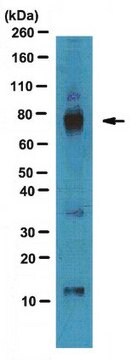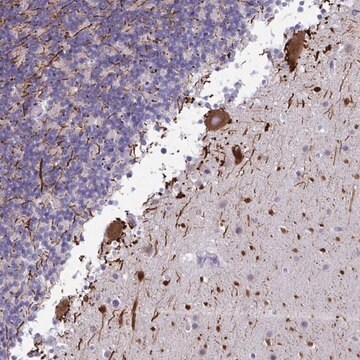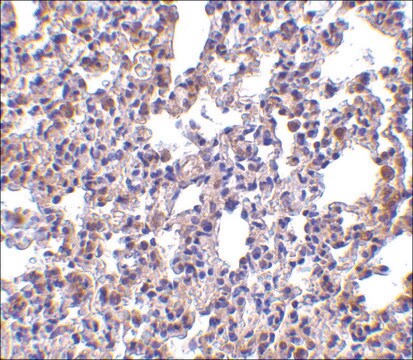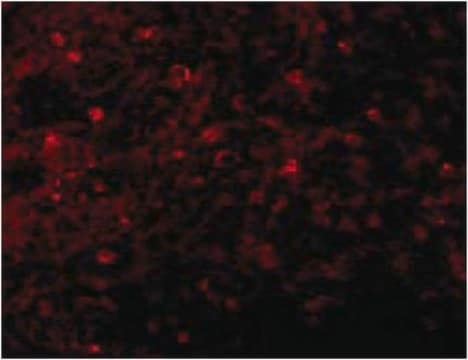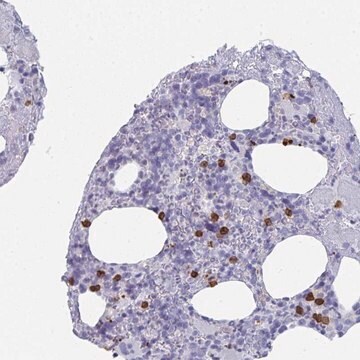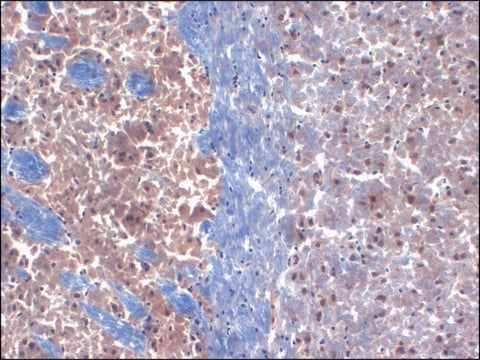General description
UV radiation resistance-associated gene protein (UniProt: Q9P2Y5; also known as p63) is encoded by the UVRAG gene (Gene ID: 7405) in human. UVRAG is a key autophagic tumor suppressor that is mutated in several common human cancers. It contains four functional domains, a proline-rich domain, a lipid-binding C2 domain, a Beclin1-binding coiled-coil domain (CCD) and a C-terminal domain. It is a critical regulator of intracellular membrane trafficking, autophagy, and chromosomal stability. UVRAG is also involved in regulation of the COPI-dependent retrograde transport from Golgi and the endoplasmic reticulum by associating with the NRZ complex. Its function is dependent on its binding to phosphatidylinositol 3-phosphate (PtdIns3P). During autophagy UVRAG acts as regulatory subunit of the alternative PI3K complex II (PI3KC3-C2) that mediates formation of phosphatidylinositol 3-phosphate and is believed to be involved in maturation of autophagosomes and endocytosis. It is involved in maturation of autophagosomes and degradative endocytic trafficking independently of Beclin-1, but depends on its association with a class C Vps complex. UVRAG is also shown to enhance class C Vps complex association with a SNARE complex and promote fusogenic SNARE complex formation during late endocytic membrane fusion. UVRAG is also reported to promote DNA double-strand break repair by association with DNA-dependent protein kinase complex DNA-PK and activating it in non-homologous end joining. Disruption of UVRAG is shown to increase genetic instability and sensitivity of cells to irradiation. (Ref: Zhao, Z et al. (2012). Dev. Cell 22(5): 1001-1016).
Specificity
This polyclonal antibody detects human UVRAG phosphorylated on Serine 498.
Immunogen
A linear peptide corresponding to 15 amino acids from the C-terminal half of human UVRAG surrounding phosphoserine 498.
Application
Detect UV radiation resistance-associated gene protein using this rabbit polyclonal Anti-phospho-UVRAG (Ser498), Cat. No. ABS1600 that has been tested in Western Blotting.
Research Category
Signaling
Western Blotting Analysis: A representative lot detected phospho-UVRAG (Ser498) in TSC1 KO MEFs and treated with Torin1 (Kim, Y.M., et. al. (2015). Mol Cell. 57(2):207-18).
Western Blotting Analysis: A representative lot detected phospho-UVRAG (Ser498) in HA-UVRAG+myc-Rheb2+DMSO. (Courtesy of Dr. Do-Hyung Kim at University of Minnesota).
Quality
Evaluated by Western Blotting in HEK293 cells transfected with HA-UVRAG+myc-Rheb2+DMSO (vehicle).
Western Blotting Analysis: A 1:1,000 dilution of this antibody detected phospho-UVRAG (Ser498) in HEK293 cells transfected with HA-UVRAG+myc-Rheb2+DMSO (vehicle).
Target description
~98 kDa observed; 78.15 kDa calculated. Uncharacterized bands may be observed in some lysate(s).
Physical form
Affinity Purified
Format: Purified
Purified rabbit polyclonal antibody in buffer containing 0.1M Tris-Glycine, 0.15M NaCl, 0.05% sodium azide, pH7.4 with 0.05% sodium azide.
Storage and Stability
Stable for 1 year at 2-8°C from date of receipt.
Other Notes
Concentration: Please refer to lot specific datasheet.
Disclaimer
Unless otherwise stated in our catalog or other company documentation accompanying the product(s), our products are intended for research use only and are not to be used for any other purpose, which includes but is not limited to, unauthorized commercial uses, in vitro diagnostic uses, ex vivo or in vivo therapeutic uses or any type of consumption or application to humans or animals.

